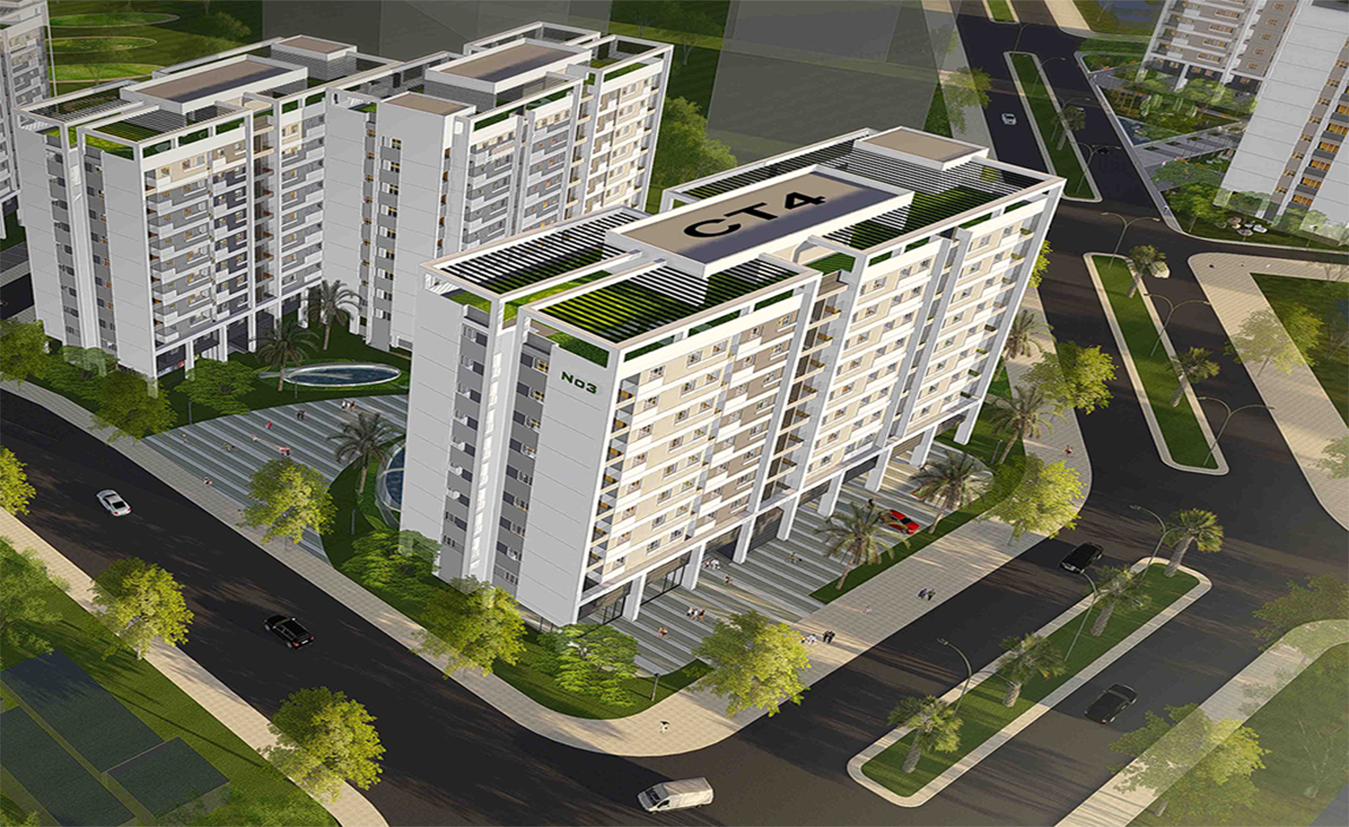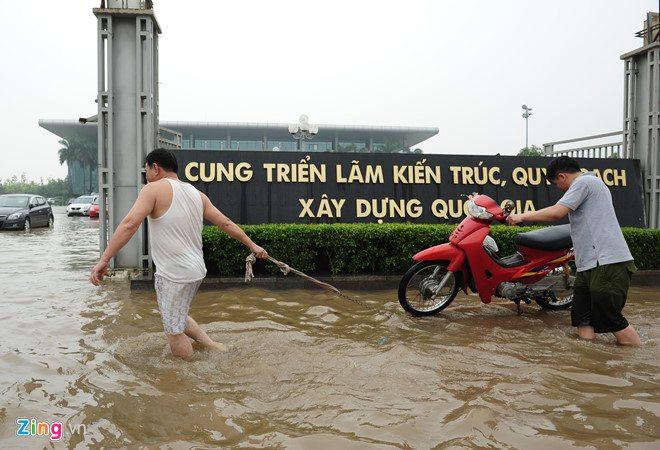May I ask what are the cases in which land will be recovered by the State according to the current regulations in Vietnam? - Gia Lam (Dak Nong, Vietnam)
According to Article 16 of the Land Law 2013, the State shall decide to recover land in the following cases:
(1) For the purpose of national defense or security; socio-economic development for the national or public interest;
(2) Land expropriation due to violations of the land law;
(3) Land expropriation due to termination of land use in accordance with law, voluntary return of land, or the risk of threatening human life.
 Summary of current cases of land acquisition by the State in Vietnam (Source: Internet)
Summary of current cases of land acquisition by the State in Vietnam (Source: Internet)
1. Land recovery for national defense and security purposes; socio-economic development for national and public interests in Vietnam
1.1 Land expropriation for national defense or security purpose in Vietnam
Cases of land recovery for national defense and security purposes specified in Article 61 of the Land Law 2013 include:
- Land for military barracks or offices;
- Land for construction of military bases;
- Land for construction of national defense works, battle fields and special works of national defense or security;
- Land for military railway stations and ports;
- Land for industrial, scientific and technological, cultural or sports facilities that directly serve national defense or security purpose;
- Land for warehouses for the people’s armed forces;
- Land for shooting grounds, training grounds, and weapon testing and destroying sites;
- Land for training institutions and centers, hospitals and sanatoriums of the people’s armed forces;
- Land for construction of public-duty houses of the people’s armed forces;
- Land for detention and re-education institutions managed by the Ministry of National Defense or the Ministry of Public Security of Vietnam.
1.2 Land expropriation for socio-economic development in the national or public interest in Vietnam
The State may recover land for socio-economic development in the national or public interest in the following cases:
- Implementation of projects of national importance which are approved in principle by the National Assembly for which land must be expropriated.
- Implementation of projects which are approved or decided by the Prime Minister, including:
+ Projects on construction of industrial parks, export processing zones, hi-tech zones, economic zones, new urban centers; investment projects funded with official development assistance (ODA) capital;
+ Projects on construction of offices of state agencies, central political and socio-political organizations, offices of foreign organizations with diplomatic functions; ranked historical-cultural relics and scenic spots, parks, squares, statutes, monuments and national public non-business facilities;
+ Projects for construction of national technical infrastructure including transport, irrigation, water supply and drainage, electricity and communication facilities; oil and gasoline pipelines and depots; national reserve warehouses; facilities for waste collection and treatment.
- Implementation of projects which are approved by provincial-level People’s Councils for which land must be expropriated, including:
+ Projects on construction of offices of state agencies, political and socio-political organizations; ranked historical-cultural relics and scenic spots, parks, squares, statutes, monuments, and local public non-business facilities;
+ Projects on construction of local technical infrastructure including transport, irrigation, water supply and drainage, electricity, communication and urban lighting works; facilities for waste collection and treatment;
+ Projects on construction of common activities of the communities; projects on resettlement, dormitories for students, social houses, and public-duty houses; construction of religious institutions, public culture, sports and entertainment and recreation centers; markets; graveyards, cemeteries, funeral service centers and cremation centers;
+ Projects on construction of new urban centers and rural residential areas; on improvement of urban areas and rural residential areas; industrial clusters; concentrated zones for production and processing of agricultural, forestry, aquaculture and seafood products; and projects on development of protection forests or special-use forests;
+ Mining projects that are licensed by competent agencies, except mining of minerals for use as common construction materials, peat, and minerals in scattered and small mining areas, and salvage mining.
(Based on Article 62 of the Land Law 2013)
2. Land expropriation due to violations of land law in Vietnam
According to Article 64 of the Land Law 2013, cases of land expropriation due to violations of the land law include:
- Land is not used for the purposes for which land has been allocated, leased, or land use rights have been recognized by the State and the land users, after having been sanctioned administratively for using land for improper purposes, still continue committing the violation;
- Land users intentionally damage land;
- Land was allocated or leased to wrong subjects or ultra vires;
- Land that is ineligible for transfer or donation as prescribed in Land Law 2013 is transferred or donated;
- Land that is allocated by the State for management is encroached or occupied;
- Land that is ineligible for transfer of land use rights as prescribed by Land Law 2013 is encroached or occupied due to the irresponsibility of land users;
- Land users who fail to fulfill obligations to the State and have been administratively sanctioned for such violation but do not comply;
- Land for annual crops that is not used for 12 consecutive months; land for perennial plants that is not used for 18 consecutive months; land for afforestation that is not used for 24 consecutive months;
- Land that is allocated or leased for implementing investment projects is not used within 12 consecutive months, or the land use schedule is 24 months late compared with the schedule stated in the project documents since the hand-over in the field.
In case of not putting the land into use, the land use term may be extended 24 months and the investors shall pay a sum of money equivalent to the total land use levy or land rental for the delayed period.
If the investors still fail to put the land into use when the extended time is over, the State shall recover the land without compensation for land and land-attached assets, except due to force majeure.
Note: Land expropriation due to violations of the land law must be based on documents and decisions issued by state agencies which are competent to determine violations of the land law.
3. Land expropriation due to termination of land use in accordance with law, voluntary return of land or risks of threatening human life in Vietnam
Article 65 of the Land Law 2013 stipulates cases of land expropriation due to termination of land use in accordance with law, voluntary return of land or risks threatening human life include:
- Organizations to which land is allocated by the State without land use levy, or organizations to which land is allocated with land use levy and the land use levy is originated from the state budget, are dissolved, go bankrupt, move to another place, or have lower or no land use demand; land users which lease land with annual rental payment are dissolved, go bankrupt, move to another place, or have lower or no land use demand;
- Individual land users die without any heir;
- Land users return the land voluntarily;
- Land is allocated or leased by the State for definite periods and such periods expired without extension allowed;
- Land is located in environmentally polluted areas which bears the risks of threatening human life;
- Land having risks of being eroded or sunk or otherwise affected by other natural disasters threatening human life.
Nhu Mai
 Article table of contents
Article table of contents





.Medium.png)
.Medium.png)
.Medium.png)
.Medium.png)
